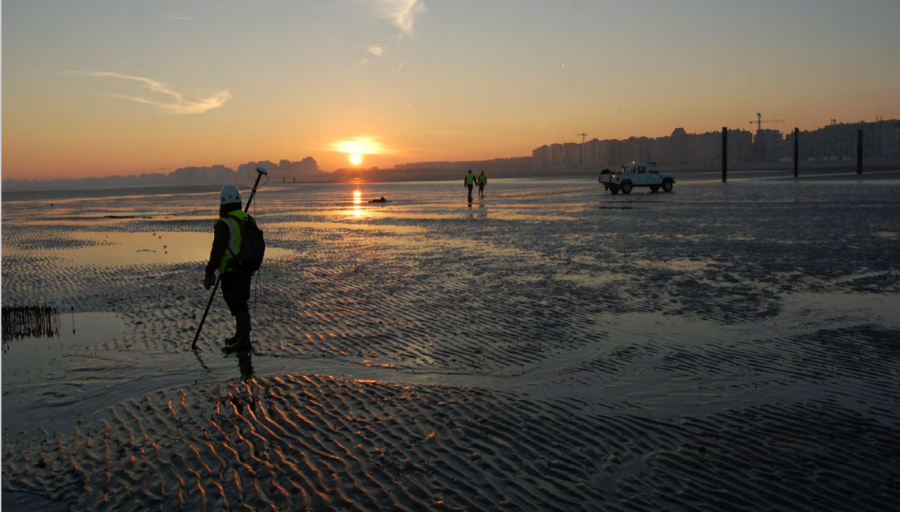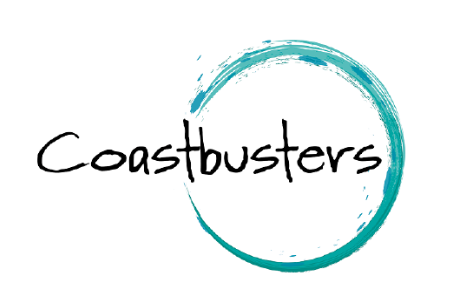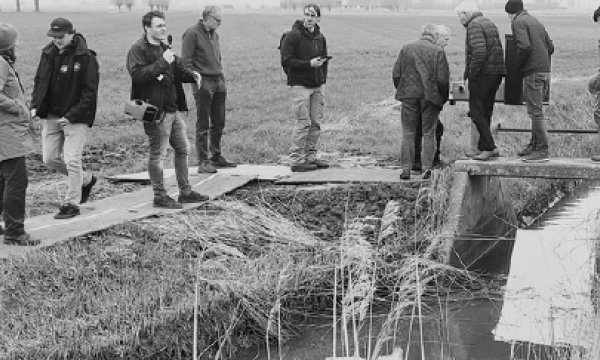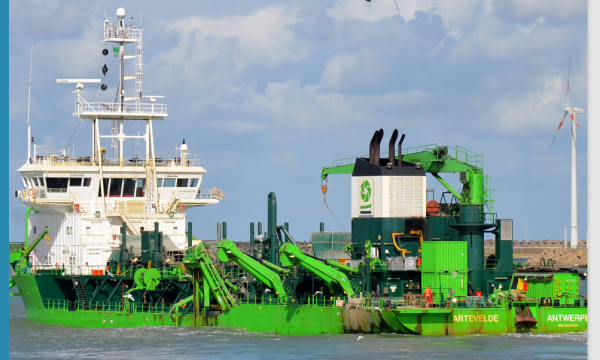Project news Be inspired by the Coastbusters approach to sustainable coastal defense!

Worldwide we are all feeling the impact of climate change along our coastal regions, with higher sea levels and more extreme weather events. The ambitious Coastbusters project aimed to take a fresh look at traditional, unsustainable coastal defense methods and instead, develop systems that work with nature. This more ecologically sound solution incorporates nature-inspired designs into coastal protection systems.
As the initial three-year project concluded in April 2020 the Coastbusters consortium members (DEME, ILVO, eCoast, Sioen and Jan De Nul) would like to present the final project report, which offers a truly inspirational perspective about future coastal management, backed up by several different studies in the field.Our specialist team of experts has developed pioneering steps to enable biogenic reefs to be used as additional tools for ecosystem-based flood defense. Three biobuilders species were tested:
- Marine Flora Reef (dedicated pilot field tests with basic seaweed and laboratory experiments with seagrass)
- Lanice Reef (the research team succeeded in pioneering the cultivation of the sand mason worm and enhancement of the larval settling process)
- Bivalve Reef (pilot field tests took place with the blue mussel deploying aquaculture-like techniques and these proved very promising)
The acquired insight has led to a competitive valorisation of sustainable, nature-inspired design business opportunities for all of the industrial partners and will generate exceptional knowledge acquisition for the research institutes, putting the Flemish marine knowledge community at the forefront in this pioneering field. Funded by the Agency for Innovation and Entrepreneurship (VLAIO), this unique project was the first up and running research project explored within the framework of the Flemish Spearhead Blue Cluster.
However, this is just the start and there are still plenty of research questions to be explored. A new Coastbusters 2.0 project (with also VLIZ as partner) is already underway examining and monitoring the promising bivalve reef concept.


